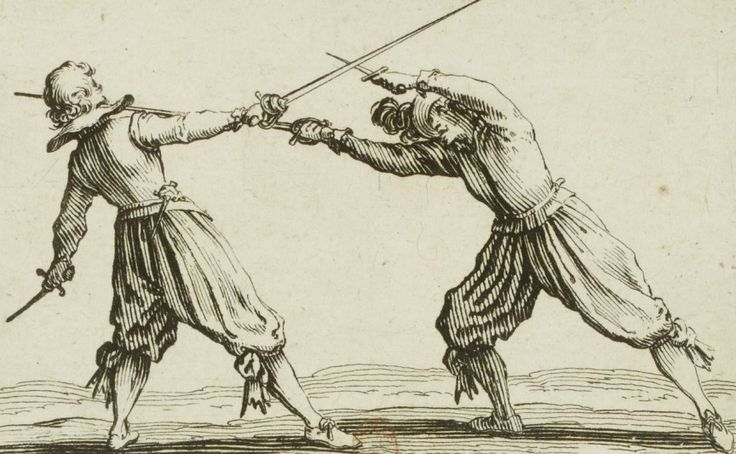The upcoming term runs during April 2024
| Mondays, 20:00 | People and Play, starting April 1 |
|---|---|
 | is the introductory course. It presents the immediate experience of play: what it’s like to do it, what interactions and concepts are involved, some of the shapes and profiles the activity has taken over its history, and its qualities as a unique medium of expression. |
| Playing with The Pool | |
|---|---|
 | uses James V. West’s The Pool as a means to go very deep into how speaking and procedures in role-playing actually work. It draws upon the game’s feature to expose things which you personally are bad at and manage to elide in playing other games. |
Other courses in rotation
| Action in Your Action | |
|---|---|
 | examines the ordering and resolution of fictional activity in detail, with rules, rules, and more rules. It reveals the value of complexity across historical design and clarifies the difference between merely busy procedures and desirable, exciting ones. |
| Thursdays, 20:00 | Free Radical, starting January 11 |
|---|---|
 | is a skills course about improving one’s role-playing and the experience of play. It includes the language of individual, group, and social learning, specific to role-playing, not the corporate and classroom models. |
| Numeracy | |
|---|---|
 | examines what math is used to say in role-playing. Topics include set theory, chaos theory, game theory, and multivariate analysis … which are much easier, more insightful, and more fun than they sound. In fact, you’re doing them already – this course merely shows you how. |
| Phenomena | |
|---|---|
 | addresses procedures and experiences of role-playing which are not so easily accessed or noticed when you do them: the effects and responses that underlie the rules and inspiration. |
| The Ronnies | |
|---|---|
 | shows how to directly experience inspiration and enjoyable play while developing new rules, without blocks and suffering, structured playtesting, production benchmarks, or publishing strategies. |
| Situation and Story | |
|---|---|
 | examines the situations of play: what is in them, how they are constructed, and how they change. This is a skills class for story-functional, non-railroaded play, based on the whole historical range of role-playing. |
| Three Fantasies | |
|---|---|
 | presents the historical interaction of fantasy and role-playing, celebrating both but also examining their mutually negative effects. It aims to rediscover fantasy among the participants in their experiences of play and playful design. |
